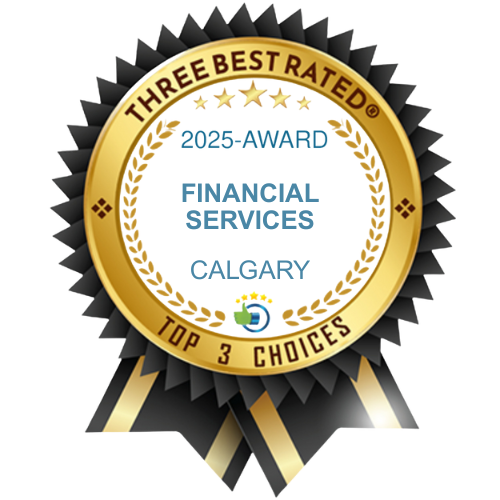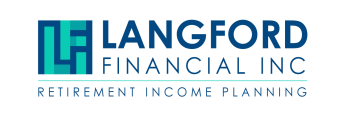You would be crazy not to, however, it becomes a question of when and how.
If you retire and plan to live in your primary family dwelling, and it's completely paid for, then you should definitely consider setting up a home equity line of credit on it before you retire.
One reason to do this is for your own protection. If you do not have any type of loan recorded against your home, meaning the title is free and clear, then there is the risk of Title Fraud.
Title Fraud is when someone steals your identity and uses it to either sell your house without you knowing or take out a second mortgage on the property and walk away with the money.
This happens more often than you know!
If you have a mortgage or a secured Home Equity Line of Credit attached to your home Title Fraud is unlikely to happen. Fraudsters go after homes with clear titles because the payoff is bigger and the usual victims are unsuspecting seniors.
Having Title Insurance is the best way to protect yourself from this possibility, however, having a secured line of credit also deters such fraudsters.
This is not the main reason we suggest a Home Equity Line of Credit (HELOC) secured to your home. Here are 5 others:
1.) Once you retire, you may not qualify to get a HELOC due to insufficient income and the fact that you are no longer employed. So, securing a HELOC while you are still working a full-time job will prevent this from happening. It is still possible to set this up after retirement, but it may be a little more difficult.
2.) You will always have a certain amount of credit available to you at the lowest possible interest rates. Remember that a HELOC doesn't cost you anything as long as there isn't any balance owing.
3.) A HELOC can help you better manage your cash flow. If you are withdrawing income from your investments and the markets are down, having another source of cash via a HELOC allows you the flexibility of not selling those holdings until the markets are back up. Let's say that you have to take your annual RRIF payment because you are age 72 or older. If the markets are down, you can wait until a time later in the year that will be better for your overall portfolio. Being forced to sell investments in down markets can have severe consequences that your portfolio may not recover from. Having proper tools in place to manage volatility is a huge part of retirement income planning.
4.) Opportunity fund. Just because you are retired doesn't mean you will not be looking for opportunities to invest or opportunities to start a business. Having a HELOC already in place will ensure you have cash available to take advantage of these situations. It's not easy to access financing once you are retired.
5.) It's another alternative to a reverse mortgage. These types of mortgages are often targeted to retirees who are running out of money, may not come with desired rates or terms, and can be expensive. Reverse mortgages put someone else in control of your financial situation. Having a HELOC, ready if you need it, keeps you in control.
There isn't a one-size-fits-all all approach when it comes to retirement income planning. That's why it's important to have a good advisor that coordinates all aspects of your finances, not just investments.
Want to retire in the next few years?
Our business is all about helping clients declutter their lives by first getting their total financial house in order and providing the clarity and confidence to start enjoying their retirement lifestyle.
You can learn more about our flat-fee planning process by clicking here.
Fee-only Retirement Income, Investment, & Tax Planning
Willis J Langford BA, MA, CFP
Nancy Langford CRS
Everyone Needs & Deserves a Worry-free Retirement Income Plan







